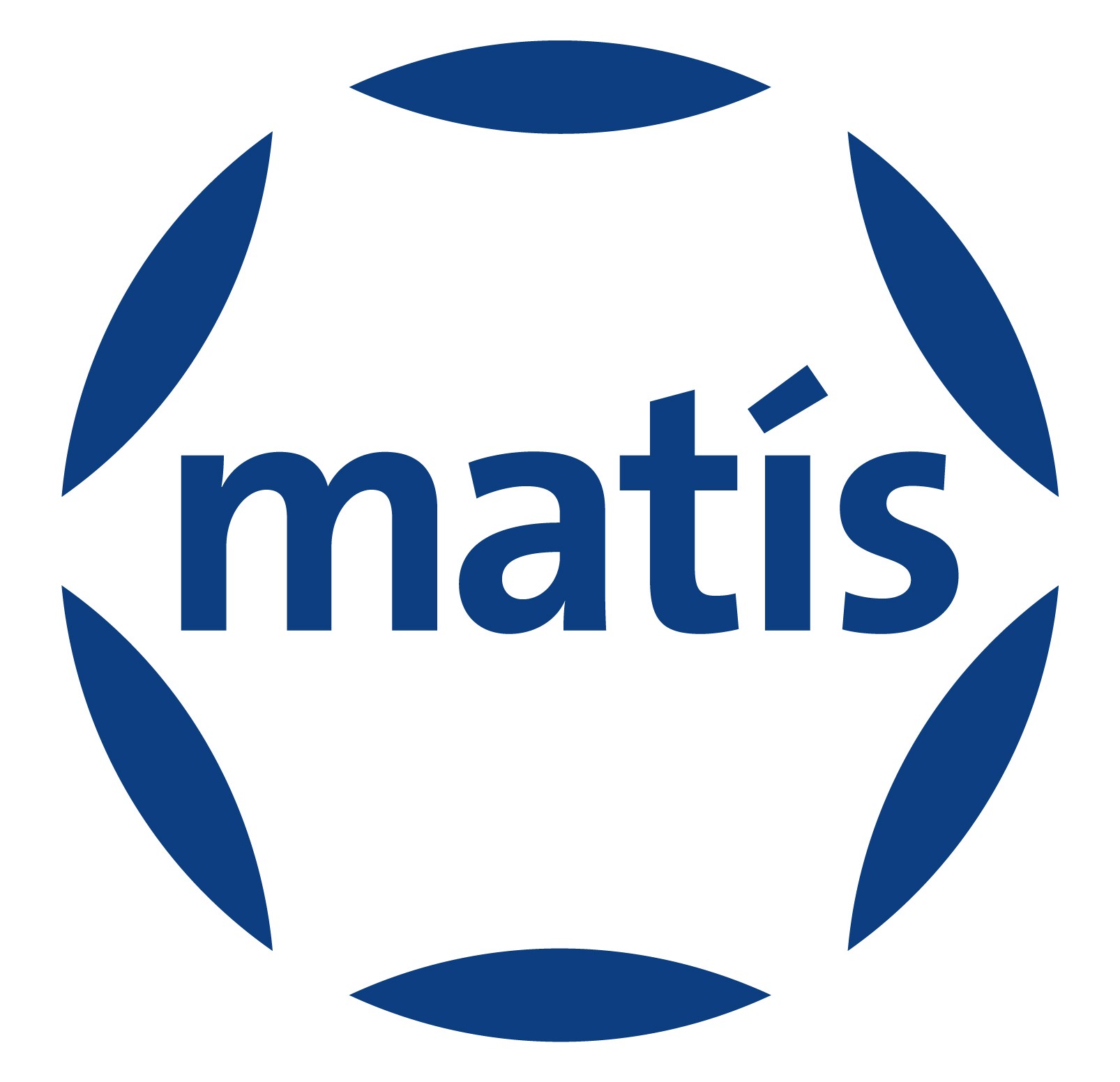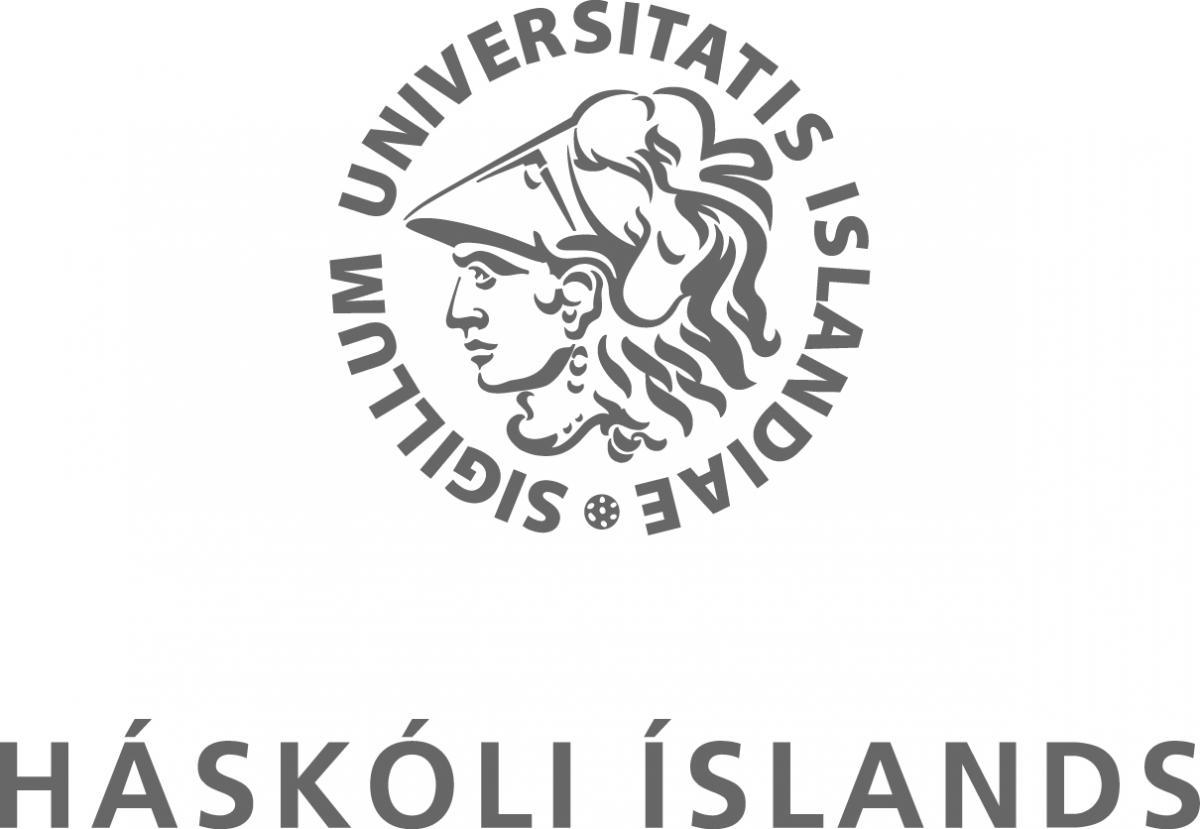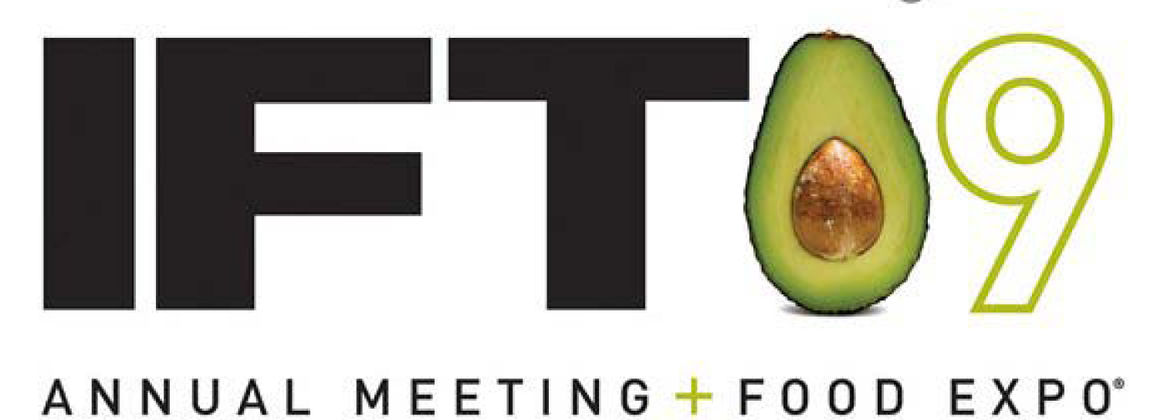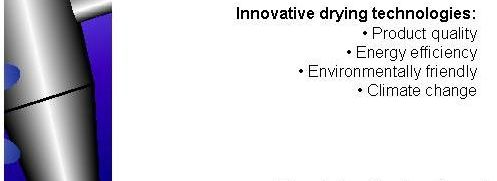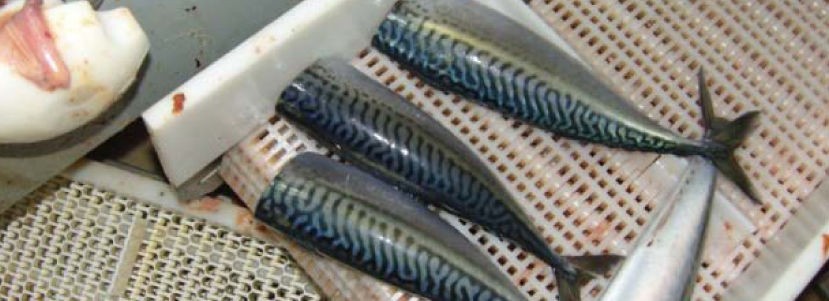The Nordic Council of Ministers nominates a Matís employee for the award
Stýrihópur norrænu ráðherranefndarinnar um „Ný norræn matvæli“ tilnefndi fyrir stuttu Brynhildi Pálsdóttur til verðlauna á sviðinu „Ný norræn matvæli“. Brynhildur […]
The Nordic Council of Ministers nominates a Matís employee for the award Nánar »


